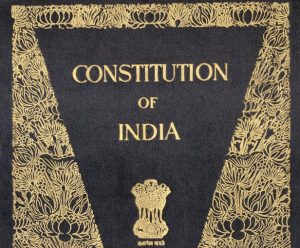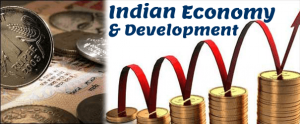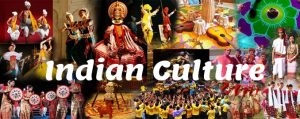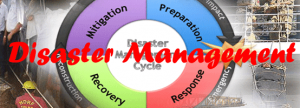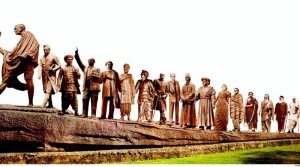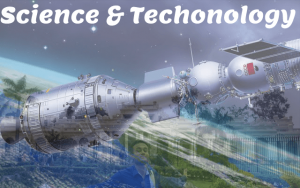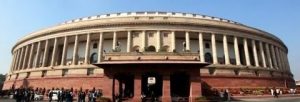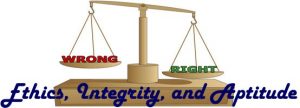[espro-slider id=1688]Here at we not only train’s our Visitor’s to achieve their goals in UPSC exam’s but also makes the visitor’s confident, energetic and ethically motivated to play their roles effectiely and Contemporarily even after entering Civil Services. Read more… |
||
General Studies
It was in 1934 that the idea of a Constituent Assembly for India was put forward for the first time by M. N. Roy, a pioneer of communist movement in India and an advocate of radical democratism. In 1935, the Indian National Congress (INC), for the first time, officially demanded a Constituent Assembly to frame the Constitution of India. In 1938, Jawaharlal Nehru, on behalf the INC declared that ‘the Constitution of free India must be framed, without outside interference, by a Constituent Assembly elected on the basis of adult franchise’.
Our article caters to the Economic Development portion of General Studies-Paper III and for Essay Paper in UPSC Main Examination.Are there alternate ways to measure economic progress?Read More…
History of the World is a sub-part of UPSC Civil Services (Main) Examination’s General Studies Paper-I on Indian Heritage, History and Geography of the World. Under this sub-part, the broad areas which have been covered as per the UPSC Syllabus are: Important events from 18th century such as industrial revolution, world wars, redrawal of national boundaries, colonization, decolonization, political philosophies like communism, capitalism, socialism etc.- their forms and effect on the society. By-Trilok Singh.
The Ministry of Environment, Forest and Climate Change is mandated to protect and improve the environment and to safeguard the forest and wildlife of the country under Article 48-A of the Constitution. Article 51-A (g) of the constitution has also enshrined protection of natural environment as a fundamental duty of every citizen. The clause says that “It shall be the duty of every citizen of India to protect and improve the natural environment including forest, lakes, rivers and wildlife and to have compassion for living creature.” The principle of sustainable development has been linked to ‘right to life’ under Article 21 of the Constitution. By-Trilok Singh.
The Hindu is one of the leading daily newspaper in India & the content of the Hindu is very very relevant for UPSC Exam’s. IASmind.com will try to address it from Prelims, Mains & Interview point of view so that it becomes easy for your future. A person just started with UPSC preparation always finds it difficult & complains about spending too much time reading the newspapers. And it is a genuine concern because if one spends 3-4 hours for newspaper, then his/her concern is justified.
Times of India is also one of the leading daily newspaper in India & the content of The Times of India is relevant for UPSC Exam’s. IASmind.com will try to address it from Prelims Mains & Interview point of view so that it becomes easy for your future. Syllabus & pattern of UPSC before jumping to prepare from newspaper. IASmind.com suggest you to read the syllabus thoroughly, because it will help you in picking-up the right articles/issues from the newspaper, while leaving out irrelevent ones from the exam perspective. It will also reduce your time spend on the Newspapers, as you will know which articles to read and which articles to skip. |
History Of INDIA |
CSAT
The questions that have been asked in the IAS Prelims Exam from Logical Reasoning section are related to the following topics? Interpersonal skills are the life skills we use every day to communicate and interact with other people, both individually and in groups. People who have worked on developing strong interpersonal skills are usually more successful in both their professional and personal lives. Read more… GMA Consist:- Series Completion, Analogy, Classification etc. Read More…
|
